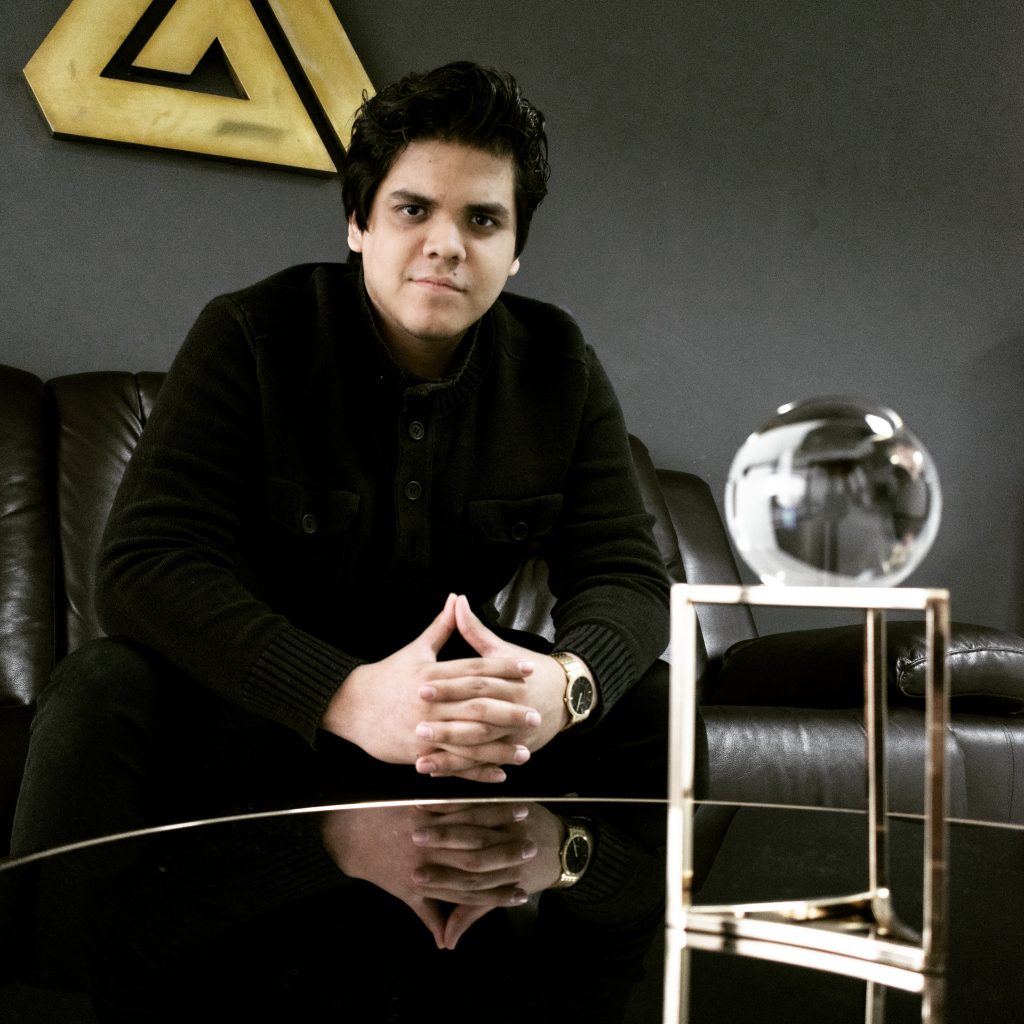
Business management has evolved toward a model that has been considered the most influential for the biggest companies in every industry during the 21st century. It is disruptive innovation, a concept coined by Harvard Business School professor Clayton Christesen in his 1997 book Innovation Dilemma.
This business expert discovered a formula that has been followed by different companies to differentiate themselves within industries and maintain their position in the markets. He was the driving force behind the idea that a product and/or service must be innovated if it wants to survive, detecting incredible changes such as the collapse of the written media or the rise of new technologies to which all companies have succumbed.
It is impossible then not to visualize the legacy Christensen has left in iconic companies such as Netflix, which disrupted the entertainment market with its streaming platform, or even Apple, which has innovated in the use of electronic devices and digital applications. That is why great leaders such as Jeff Bezos or Mark Zuckerberg owe their success to this theorist for his effective model that he left for entrepreneurs.
Christensen influenced the business world, as he found a unique way to evolve companies, which consisted in a scheme where small divisions of a company are created to face threats independently, without assuming the priorities of the parent company.
This is a model that has been used by enterprises such as Tesla, which has been inserting itself into different sectors since its founding in 2003. It is led by Elon Musk and designs, manufactures, and sells everything from electric cars to solar photovoltaic installations and household batteries under its brand name.
This model proposed by Christensen has led to the growth of holding companies in this century since they are precisely different businesses managed by a unique conglomerate that encompasses several industries. JP Morgan Chase & Co, Virgin, and Sony Corporation are just a few examples of companies that have adopted a position as holding companies over the years.
Likewise, other companies have been born with this idea in mind and have built up their business group in just a short period. This was the case of Daxsen Corporation, which started in 2010 as a record label and now is a holding company that has one of the largest record label networks in the world with more than 60 affiliated labels. In
addition, it has divisions in charge of the media, entertainment, financial advisory, concierge, and real estate sectors.
Beyond this model, Christensen introduced a new way of thinking for business leaders, since in his theory he stresses that a company should not pay attention to its products or services but to the everyday problems that customers solve by using them. In this way, competition is not only with similar products or services but also with others that solve the same problems.
Companies have taken this ideology, as well as their business model, to develop their industries with greater responsiveness to the needs of the consumer society and the constant changes suggested by an accelerated evolution of technology and global crises, such as the socio-political and health conflicts that have occurred in recent years.
